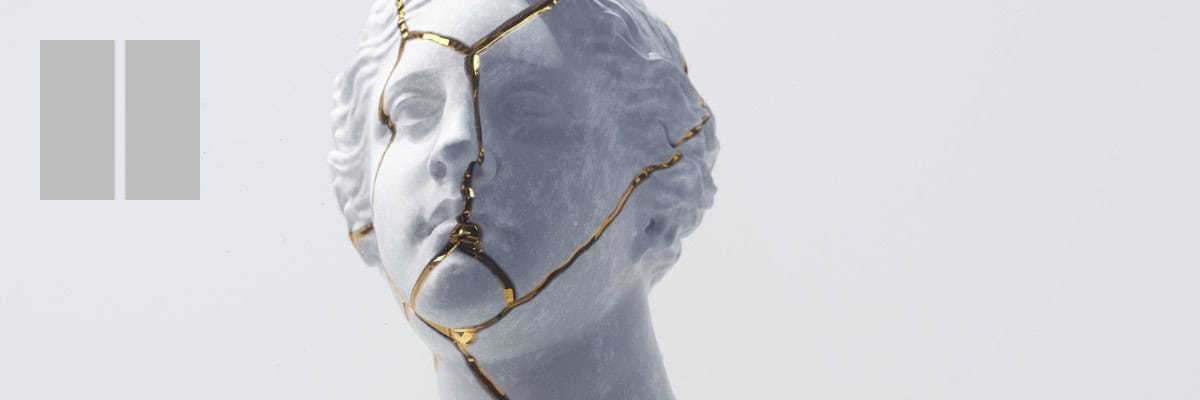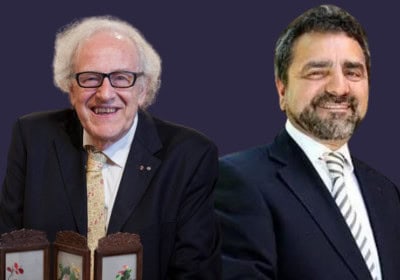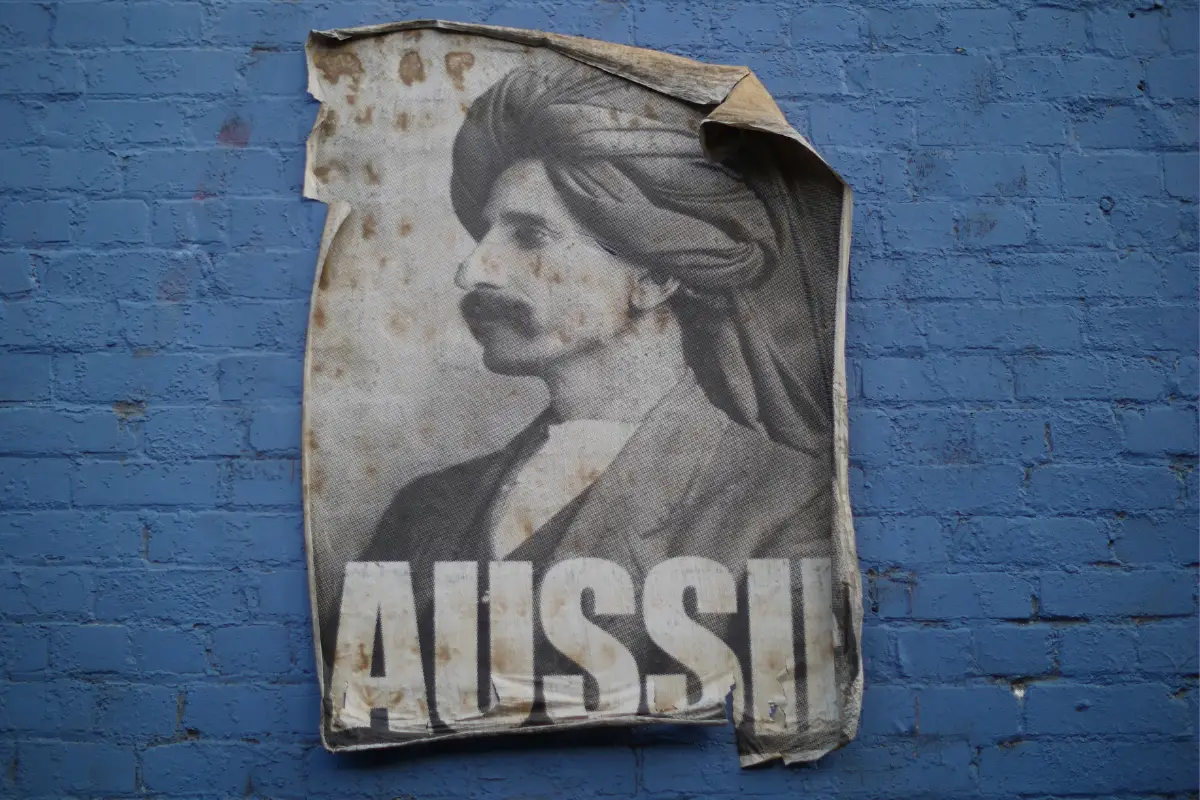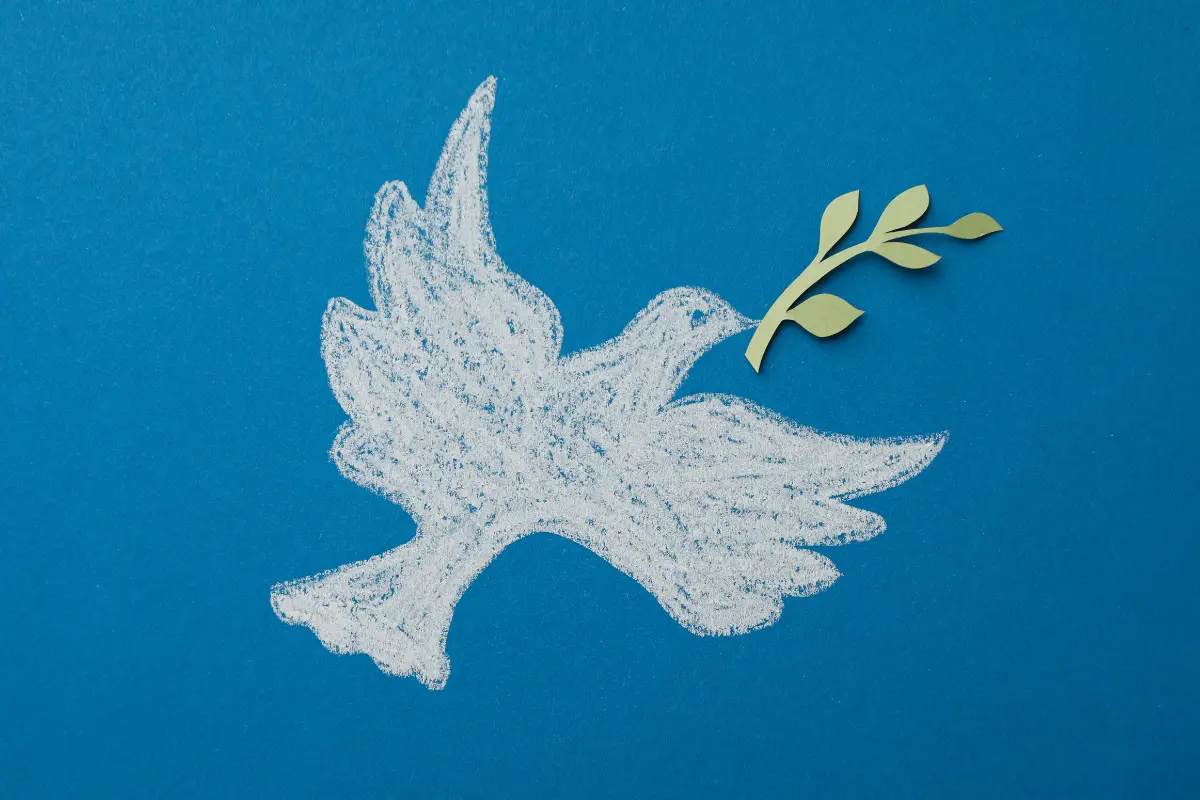
Imagine the following scenario. A senior academic, whose field of research is biology but not immunology, has highly controversial views about the effectiveness of certain vaccines. He writes several articles on this topic and sends them to scientific journals outside the field of immunology, where they are peer-reviewed by scholars who are not immunologists. The reviewers recommend publication of the articles, and these duly appear in print. This causes uproar amongst expert immunologists, who write to the journals and to the academic’s university, pointing out that the articles are full of misinformation, flawed data, incorrect statements of fact, misleading citations, material taken from unverifiable sources etc. They also point to the risk of social harm.
What happens next? In the hard sciences, there are at least guidelines which suggest what should happen. Many universities have protocols in place for dealing with failures of academic integrity in scientific research. As recent cases at Cornell, Imperial College and elsewhere illustrate, claims of research misconduct in the sciences commonly lead to thorough investigation. Where concerns are upheld, the outcome may be the sacking or resignation of the academic involved. Less serious cases may result in the retraction of papers or the creation of a supervisory system to oversee the academic’s future research.
But in the humanities, matters are very different. International networks like the World Conferences on Research Integrity and the European Federation of Academies of Sciences and Humanities have developed guidelines for the protection of research integrity, and these stress the importance of addressing the falsification or fabrication of research findings across all disciplines, including the humanities. But, academic institutions rarely have clear protocols for dealing with humanities research misconduct, except when this involves plagiarism. Articles in humanities journals, too, are hardly ever retracted for manipulation or falsification of facts or sources.
We live in an age of rising international tensions, proliferating ‘fake news’, and increasing pressures for academics to publish at all costs. Against this background, problems of misquotation, misrepresentation of sources and use of manifestly unreliable sources are posing a growing threat to academic integrity across academia.
I became acutely conscious of these problems in 2021, when controversy erupted in Asian Studies about a series of articles on highly contentious issues of Japanese history, published in economics and law journals by Harvard Law Professor J. Mark Ramseyer. Many academic experts on the topics addressed by these articles wrote to the journals (and some also contacted Harvard) pointing out a mass of factual mistakes, omissions of crucial information, misleading citation of source material etc. They also criticised the author’s use of unscholarly and derogatory language in descriptions of minority communities in Japan, which (they argued) risked inflaming social discord.
What happened next? There was no independent expert review to investigate whether or not there had been failures of academic integrity. Harvard took the view that the matter was simply one of free speech, in which the university as an institution had no role to play. Two of the journals, too, saw it as a difference of opinion amongst academics, not as a problem of academic ethics or integrity which would warrant editorial action to retract or seek major revision to the articles. One of them published a very brief erratum which left nearly all the identified problems in the article unaddressed while repeating factually incorrect information. The third journal posted a statement of concern: but, eighteen months later, the article still appears unchanged on its website without erratum or further comment.
Free speech and diverse opinion are the life-blood of the humanities, and it is crucial that complaints of academic misconduct should not stifle controversial opinions or silence those who make honest mistakes. But, as historian Richard Evans once asked in relation to David Irving’s Holocaust denialism, ‘what are the boundaries of legitimate disagreement in history?’ Or, indeed, in any of the humanities. Do we accept that all interpretations of the facts are valid expressions of opinion, even if they are based on unverifiable sources, incorrect data and distortion or suppression of evidence? If we take this view, how can there be genuine scholarly debate, since one side in that intellectual encounter will be guided by widely accepted scholarly principles, while the other may be playing according to an entirely different understanding of the meaning of ‘ethics’ and ‘truth’?
And if we accept that ‘anything goes’, how can we train our students to become conscientious humanities scholars?
The problem is complex, and there are no easy answers. The balance between preserving the integrity of scholarship and protecting freedom of thought will always be a delicate one. But the issue is central to the future of the humanities. We need a serious conversation within universities, the learned academies and the world of scholarly publishing about contemporary challenges to research integrity in the humanities, and about the best way to respond to those challenges. I look forward to taking part in that conversation, and encourage others to join in.



